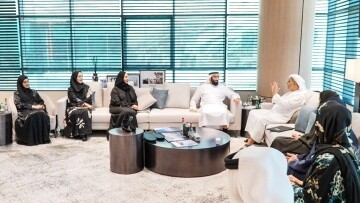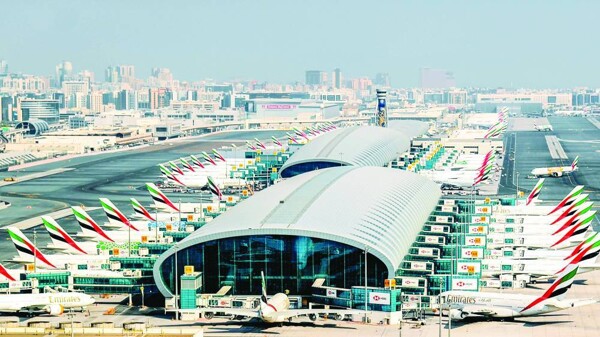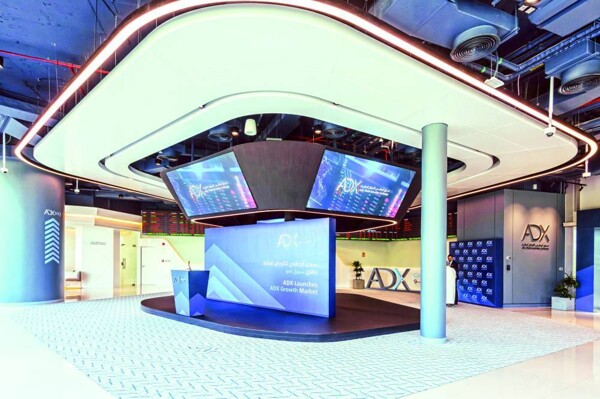
Dubai’s Roads and Transport Authority (RTA) and the Dubai Government Human Resources (DGHR) Department have made a significant announcement regarding the adoption of remote working and flexible working hours in the emirate. Both public and private sectors are encouraged to implement these practices in order to alleviate traffic congestion.
According to the surveys conducted, 31% of companies have already integrated flexible work hours into their policies, with a potential expansion opportunity for 66% of those who haven't yet adopted this approach. The research indicates that by incorporating flexible working hours with a two-hour start window and allowing four to five remote workdays per month, a reduction of 30% in morning peak travel time across Dubai can be achieved.
The main goal of this initiative is to strike a balance between business productivity and the quality of life for employees. By expanding the application of flexible working hours and remote work policies, Dubai aims to enhance its adaptability to challenges and strengthen the collaboration between the public and private sectors.
His Excellency Abdulla Ali bin Zayed Al Falasi, Director General of the Dubai Government Human Resources (DGHR) Department, emphasized the commitment to advancing the remote work system and ensuring the well-being and happiness of employees. The surveys have shown that the majority of government employees see flexible working hours as beneficial to their personal needs and productivity.
Furthermore, the implementation of remote work and flexible hours is seen as instrumental in creating a supportive work environment that prioritizes employee comfort and security, ultimately enhancing the overall well-being of the community. The findings suggest that these measures could significantly reduce traffic volumes on key roads in Dubai, such as Sheikh Zayed Road and Al Khail Road.
The strategies discussed during a coordination meeting between key officials include developing and expanding road networks, enhancing public transport infrastructure, implementing traffic control systems, and promoting sustainable transport options. The ultimate aim is to reduce traffic congestion, enhance community well-being, and make Dubai the best city to live in.
In conclusion, the surveys underscore Dubai's innovative and flexible work model, reinforcing the emirate's continuous efforts to provide a world-class work environment that prioritizes flexibility and efficiency. By encouraging the private sector to adopt remote work and flexible working hours policies, Dubai is taking significant steps towards achieving its vision of sustainable urban development and improved traffic management.














